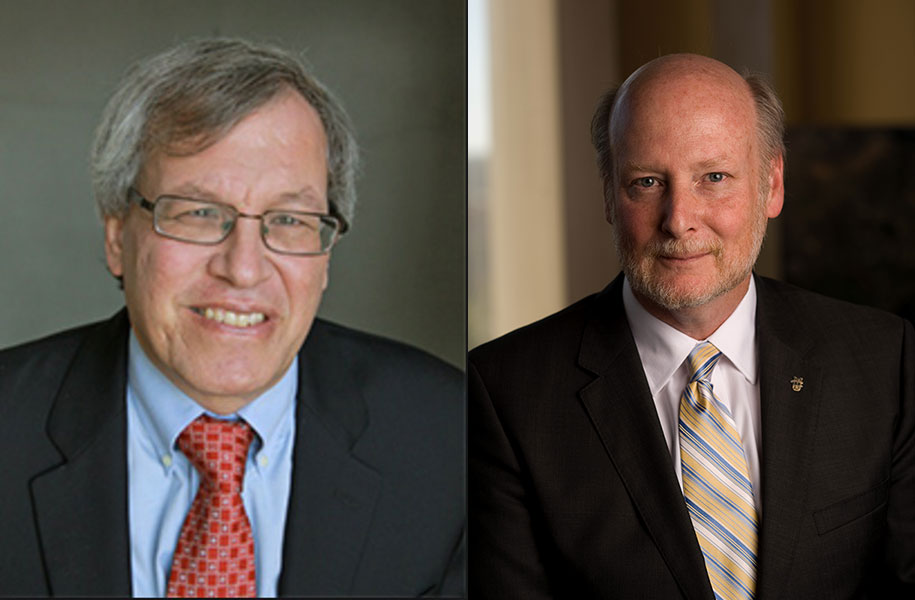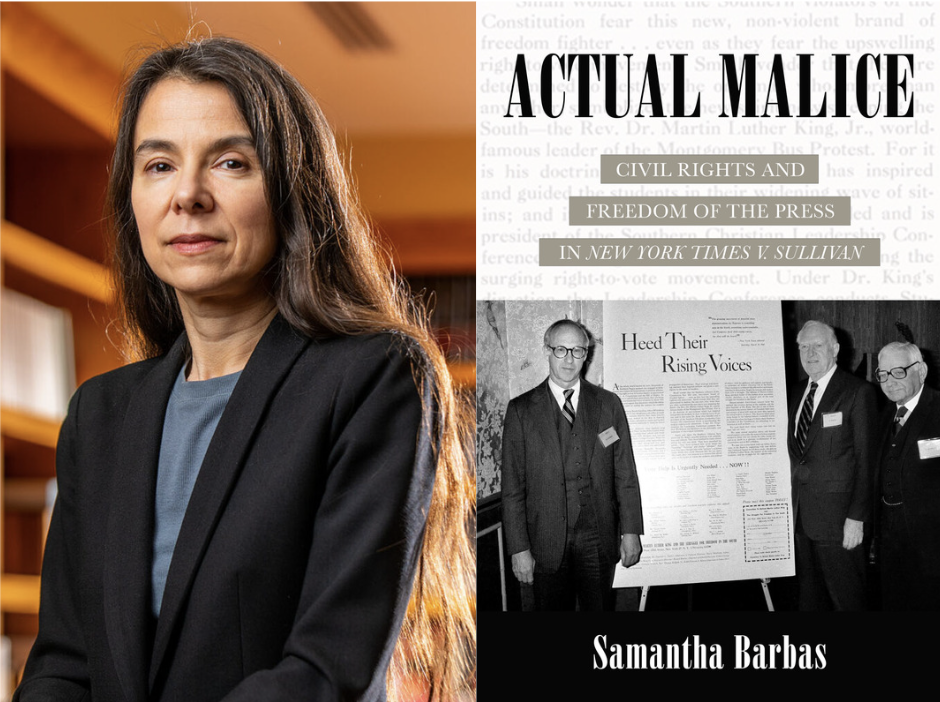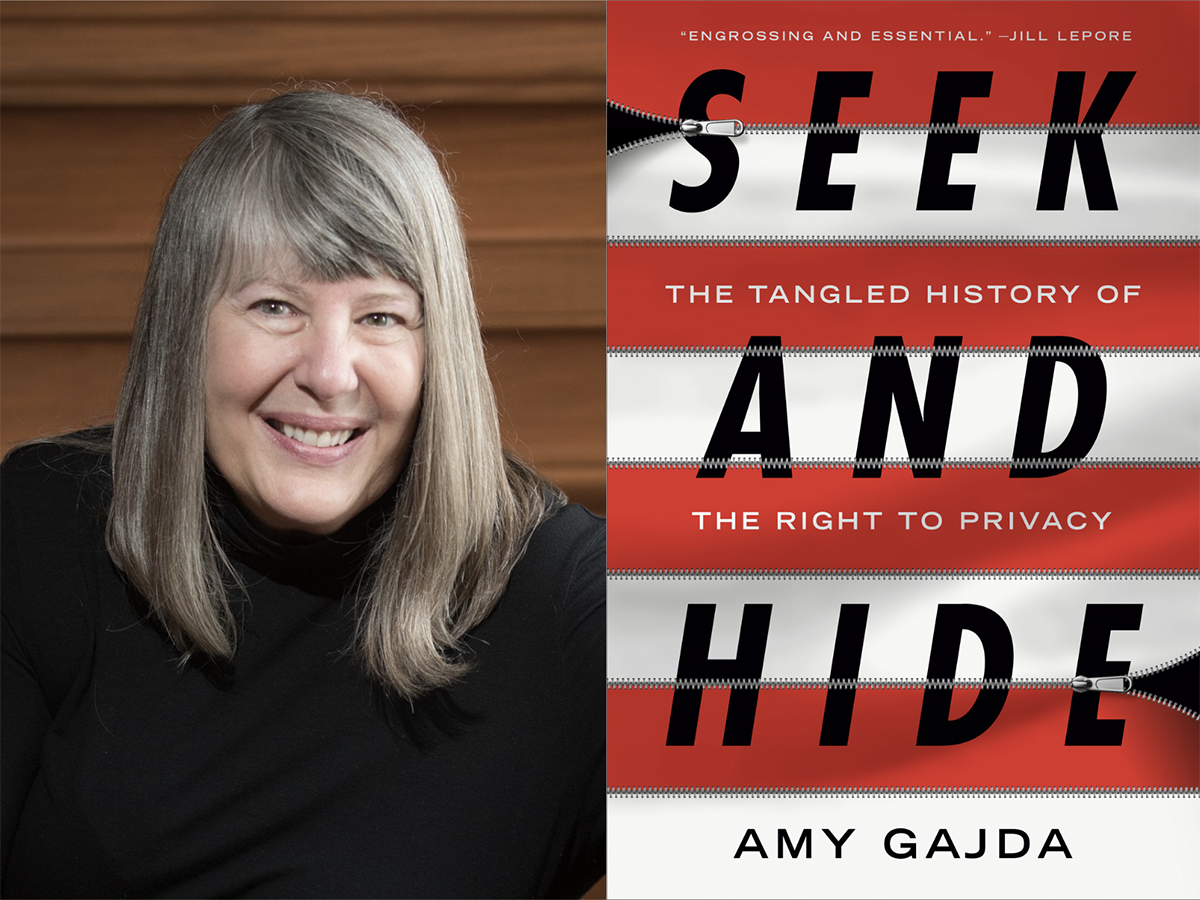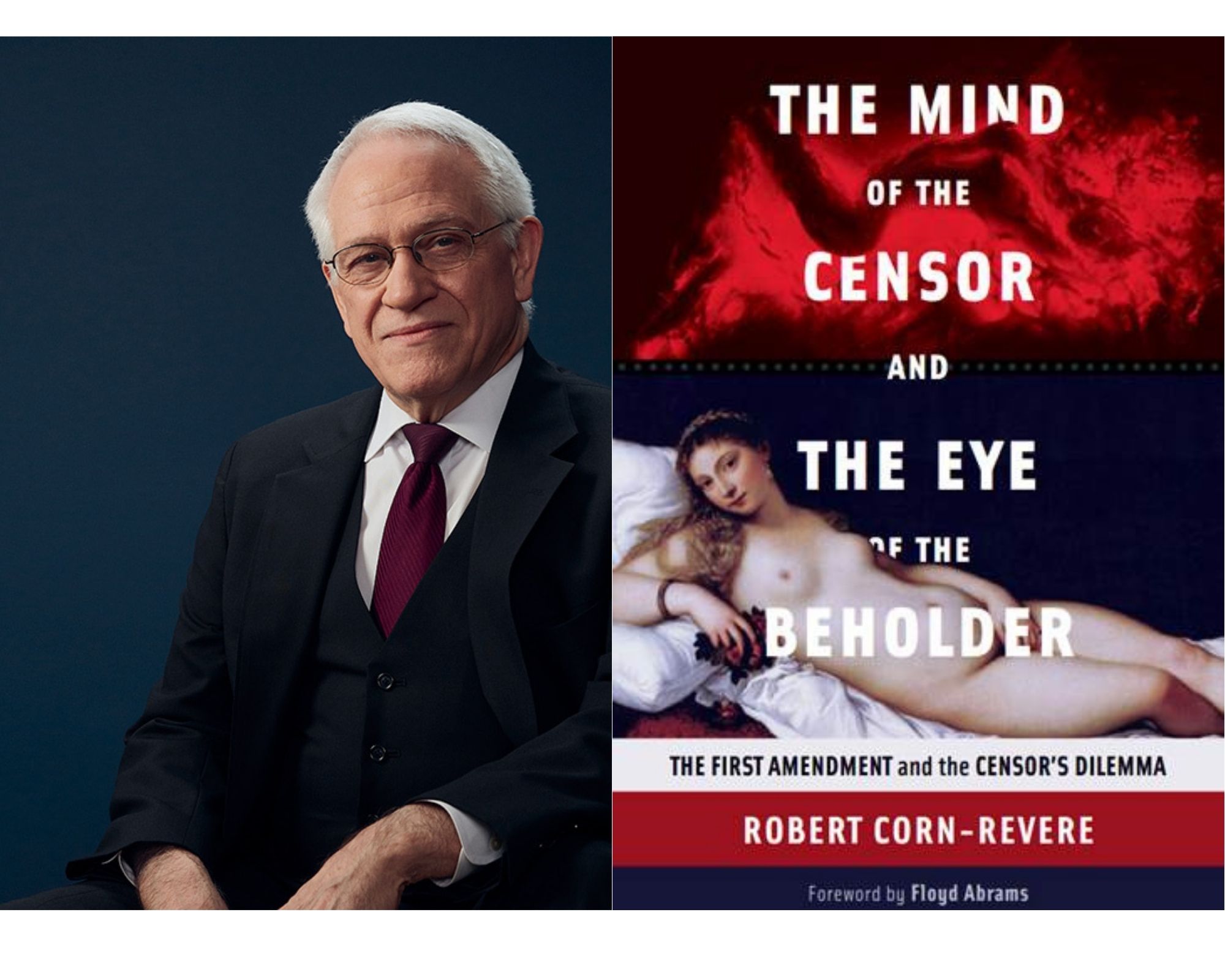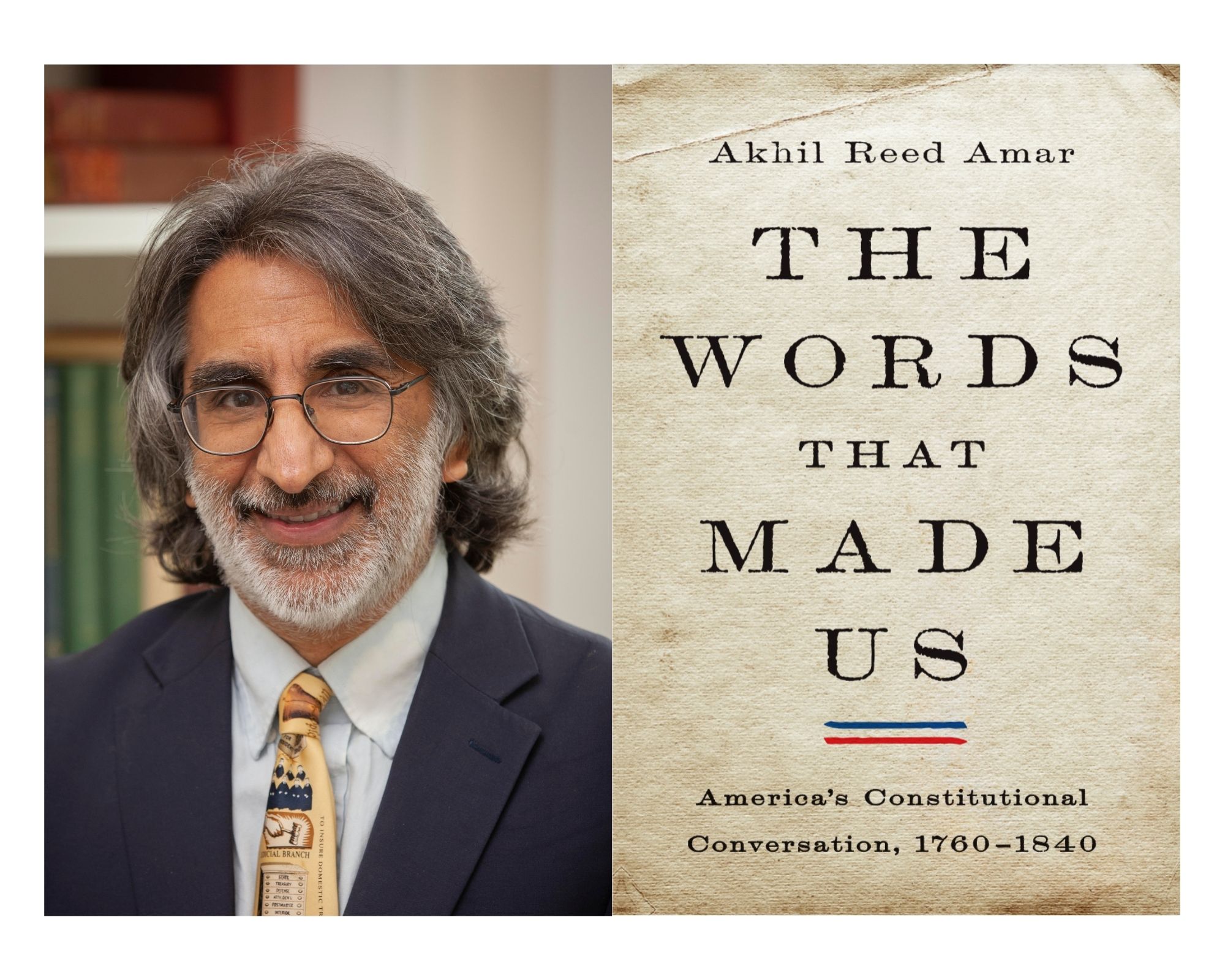Free Speech on Campus “provides the background necessary to understanding the importance of free speech on campus and offers clear prescriptions for what colleges can and can’t do when dealing with free speech controversies.” – Yale University Press
Erwin Chemerinsky became the 13th Dean of Berkeley Law on July 1, 2017, when he joined the faculty as the Jesse H. Choper Distinguished Professor of Law. He is the author of ten books, including The Case Against the Supreme Court, published by Viking in 2014, and more than 200 law review articles. Howard Gillman is professor of law, political science and history, and chancellor of the University of California, Irvine. Among his books are The Constitution Besieged: The Rise and Demise of Lochner Era Police Powers Jurisprudence (Duke University Press, 1993) and The Votes That Counted: How the Court Decided the 2000 Presidential Election (University of Chicago Press,2001).
_______________________________________________________________________________
Authors Share Excerpts on Free Speech:
Erwin Chemerinsky & Howard Gillman and Free Speech on Campus
Excerpted from Free Speech on Campus, copyright c 2017 by Erwin Chemerinsky and Howard Gillman. Published by permission of Yale University Press. All rights reserved. No part of this excerpt may be reproduced or reprinted without permission in writing from the publisher.
Chapter 6: What’s at Stake?
Some student activists and their supporters argue that an emphasis on free speech values is a “self-serving deflection” away from efforts to fight structural racism, everyday exclusion, and the marginalization of underrepresented students in higher education.1 Jelani Cobb warns pro-speech advocates not to be “tone deaf” to these concerns, noting correctly that “the freedom to offend the powerful is not equivalent to the freedom to bully the relatively disempowered.”2 A Yale sophomore, reflecting on the controversies surrounding Erika Christakis’ surprisingly explosive email about Halloween costumes, claimed that when a “false debate about ‘free speech’ is used to question people of color’s humanity,” that is “racism is disguise” and it “needs to stop.”3
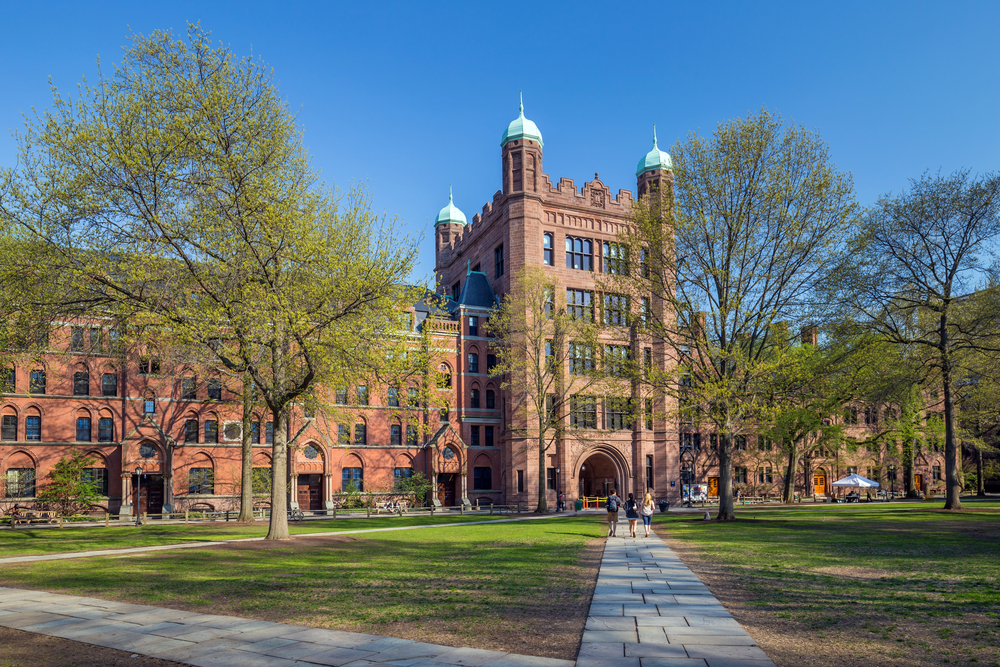
Yale University
On many campuses, debates about free speech have put the problems of inclusion for historically excluded minorities, both in higher education and in the broader society, squarely on the table. There are many reasons for the continued underrepresentation at colleges and universities of African Americans, Hispanics, and Native Americans, especially those from disadvantaged backgrounds, and especially at more elite institutions.4 It is the product of decades of systematic discrimination and implicit bias, racial segregation in housing, the underperformance of public schools in poor minority communities, state disinvestment in public higher education, legacy favoritism in private higher education, a lack of sufficient public support for affirmative action, and costs of attendance. On too many campuses, underrepresented minorities feel isolated and self-conscious in ways that should make us all understand the psychological harm they experience when they encounter hateful or even careless speech. Other populations of students–including first-generation college students, those from low-income families, religious minorities, and women entering male-dominated disciplines–experience similar challenges. These students have already proven themselves strong and capable of overcoming disadvantages, which is why it is wrong for commentators to characterize them as weak or pampered. Despite their accomplishments, every day they are on campus presents challenges, and exclusionary speech and microaggressions surely make things even harder.
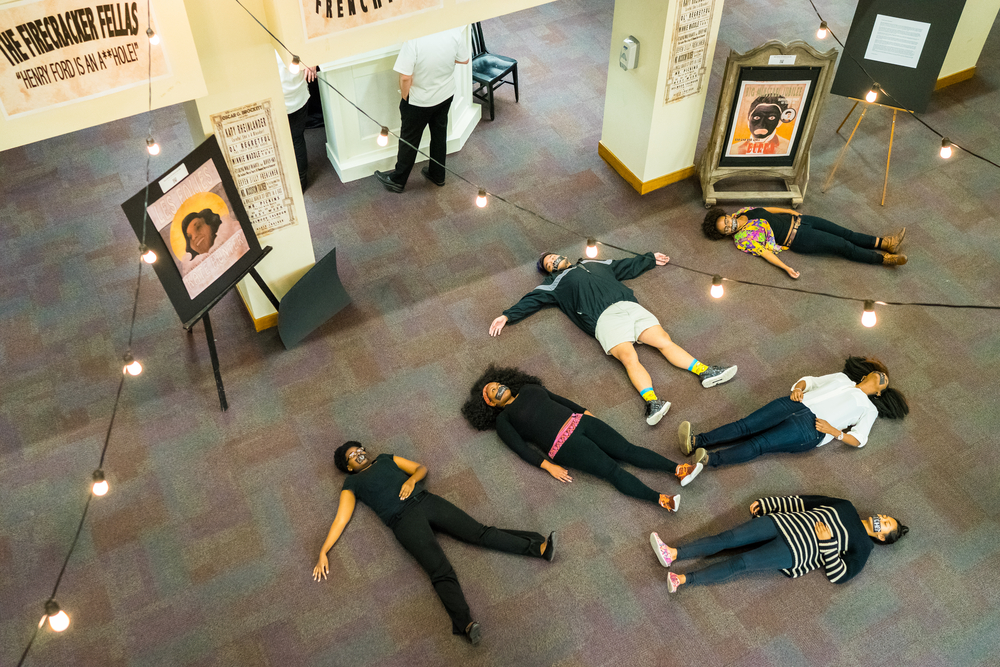
Students at the University of Texas at Austin protesting
Campuses must take these issues seriously. But the effort to create inclusive learning environments cannot proceed at the expense of free speech and academic freedom. Colleges and universities cannot accomplish their modern missions of knowledge creation and dissemination unless their scholars and students are free to think and express any idea, especially those that challenge or test conventional wisdom. But colleges and universities also cannot accomplish their modern missions if they are places of privilege and exclusion rather than gateways of inclusive excellence.
We wrote this book out of a concern that much of the current debate over the learning environment on college campuses gives insufficient attention to the values of free speech and academic freedom–the philosophical, moral, and practical arguments in support of these principles, the lessons of the historical record, and the current state of the law. Surveys reveal that students’ support for basic free speech principles is dramatically eroding.5 It has to be explained over and over that the First Amendment contains no exception for hate speech.6 There are too many efforts to censor or punish clearly protected political speech and to deny controversial speakers the right to address campus communities. The differences between the protection and regulation of academic freedom and the protection of free speech in the public square are not always well understood even by faculty members and administrators.
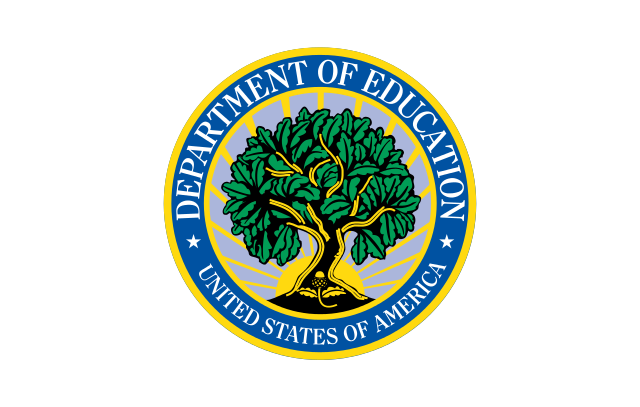
College and university leaders are well versed in providing full-throated defenses of civility and tolerance, but their arguments for protecting the expression of all ideas, even those considered offensive and hateful, are often less clear or convincing. The Department of Education’s Office of Civil Rights, which is dedicated to opposing discrimination in higher education, has created an environment whereby formal investigations can be triggered by clearly protected speech, and it is giving guidance to colleges and universities that conflicts with the First Amendment.
As a first step toward improving the quality of the conversation, it is vital for campuses to more clearly identify liberty of thought, unfettered inquiry, and robust debate as foundational values within higher education, pro-actively educate their communities on these values, and recommit to their protection in the face of calls to subordinate these values to other ideals. Campus leaders should underscore the importance of providing a forum for unpopular and controversial views, and should be prepared to treat disruptive protests as violations of both free speech and campus codes of conduct.
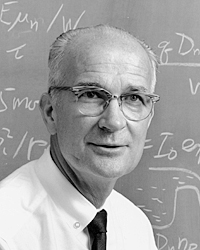
William B. Shockley
We are not the first to face the challenge of re-defending these rights. In the early 1970s Yale University experienced a number of episodes involving efforts to silence or disrupt certain controversial speakers.7 The most heated debates involved William Shockley, a famed Stanford University physicist and inventor, who later in life became infamous for expressing the view that “the major cause of the American Negros’ intellectual and social deficits is hereditary and racially genetic in origin and, thus, not remediable to a major degree by practical improvements in the environment.” Among other measures, Shockley advocated voluntary sterilization within the African American community.8
Shockley had been invited to debate Roy I. Innis, executive director of the Congress of Racial Equality, about these views, and the campus endured months of heated debate over whether to rescind the invitation.9 After Shockley’s scheduled appearance was disrupted by protests, the Yale College faculty requested that President Kingman Brewster Jr. “appoint a faculty commission to examine the condition of free expression, peaceful dissent, mutual respect and tolerance at Yale” and to “draft recommendations for any measures it may deem necessary for the maintenance of those principles.” The result was the Woodward Report, named after its chair, the distinguished historian C. Vann Woodward. The report reiterated that “the university must do everything possible to ensure within it the fullest degree of intellectual freedom,” including “the right to think the unthinkable, discuss the unmentionable, and challenge the unchallengeable.”
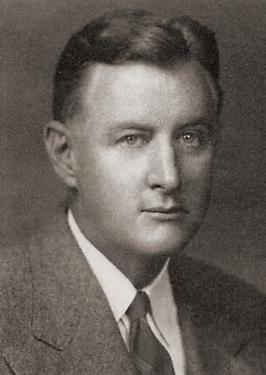
C. Vann Woodward
On the question of how to balance the free exchange of ideas against the need to create a supportive community, the committee wrote:
If a university is a place for knowledge, it is also a special kind of small society, . . . not primarily a fellowship, a club, a circle of friends, a replica of civil society outside it. Without sacrificing its central purpose, it cannot make its primary and dominant value the fostering of friendship, solidarity, harmony, civility, or mutual respect. To be sure, these are important values; other institutions may properly assign them the highest, and not merely a subordinate priority; and a good university will seek and may in some significant measure attain these ends. But it will never let these values, important as they are, override its central purpose. We value freedom of expression precisely because it provides a forum for the new, the provocative, the disturbing, and the unorthodox. Free speech is a barrier to the tyranny of authoritarian or even majority opinion as to the rightness or wrongness of particular doctrines or thoughts.10
Among the committee’s key recommendations was that the university develop “a program of reeducation” to help members of the community “appreciate the value of the principle of freedom of expression.” This program would include helping protestors “understand the limits of protest in a community committed to the principles of free speech,” with special attention to the principle that there is no right to disrupt a university activity.
A renewed appreciation of the value of free expression is important, not only for life on contemporary college campuses but also for the future of civic discourse and democratic practice in the United States. The worrisome tendencies at colleges and universities to punish or silence the expression of ideas occur amid similar tendencies in the broader political system. Deep, persistent ideological divisions in society are leading many to treat political opponents as enemies, shout down critics, and reject compromise. With the collapse of traditional network news and the rise of “curated” information-gathering on cable and online, it is easier for people to listen only to those with whom they already agree, and to respond to opposing viewpoints with mockery and suspicion of ill intent.
These are troubling developments. It is not possible for a diverse, democratic society to survive without some measure of tolerance for opposing viewpoints, respect for people who hold different views, and a willingness to discuss and debate across lines of difference–a bundle of norms and practices that amounts to “hearing the other side.”11 American colleges and universities should be a corrective. They should stand as models for how diverse communities of people work together to address important and difficult questions. Campuses make their strongest contributions to free societies when a lively and diverse campus community shows a genuine desire to engage competing perspectives, learn from those who have had different experiences or hold different viewpoints, engage and rebut ideas considered harmful or dangerous, and resolve disagreements through rational argumentation, evidence-based reasoning, and the acquisition of new knowledge.
Promoting an inclusive culture of mutual respect, tolerating diverse and controversial views, and working through differences by way of conversation rather than intimidation, are essential not only to higher education. They are also how free, diverse, democratic societies must behave if they are to remain free, diverse, and democratic.
The generation now in college will soon be our society’s leaders. The stakes could not be higher as we help them understand why free speech matters, not just on campuses but in the world. If we expect them to fight for these values, we must teach them these values.
Notes:
- See Jelani Cobb, Race and the Free Speech Diversion, New Yorker (Nov. 10, 2015), http://www.newyorker.com/news/news-desk/race-and-the-free-speech-diversion; Conor Friedersdorf, Free Speech Is No Diversion, Atlantic (Nov. 12, 2015), http://www.theatlantic.com/politics/archive/2015/11/race-and-the-anti-free-speech-diversion/415254/.
- Cobb, Race and the Free Speech Diversion.
- Danny Funt, At Yale, a Fiery Debate over Who’s Being Silenced, Colum. Journalism Rev. (Dec. 22, 2015), http://www.cjr.org/the_feature/yale_free_speech_campus_news.php.
- See Andrew McGill, The Missing Black Students at Elite American Universities, Atlantic (Nov. 23, 2015), http://www.theatlantic.com/politics/archive/2015/11/black-college-student-body/417189/; Meredith Kolodner, Black Students Are Drastically Underrepresented at Top Public Colleges, Data Show, Hechinger Report (Dec. 18, 2015), http://hechingerreport.org/black-students-are-drastically-underrepresented-at-top-public-colleges-data-show/; Noliwe M. Rooks, The Biggest Barrier to Elite Education Isn’t Affordability. It’s Accessibility, Time (Feb. 27, 2013), http://ideas.time.com/2013/02/27/the-biggest-barrier-to-elite-education-isnt-affordability-its-accessibility/.
- Gallup, Knight Found. and Newseum Inst., Free Expression on Campus: A Survey of U.S. College Students and U.S. Adults, Gallup, http://www.knightfoundation.org/media/uploads/publication_pdfs/FreeSpeech_campus.pdf.
- Eugene Volokh, No, There’s No “Hate Speech” Exception to the First Amendment, Wash. Post: Volokh Consipracy (May 7, 2015), https://www.washingtonpost.com/news/volokh-conspiracy/wp/2015/05/07/no-theres-no-hate-speech-exception-to-the-first-amendment/?utm_term=.369ad7817eb4.
- Report of the Committee on Freedom of Expression at Yale, Yale Coll. (Dec. 23, 1974), http://yalecollege.yale.edu/deans-office/policies-reports/report-committee-freedom-expression-yale.
- See Robert Reinhold, Shockley Debates Montagu as Innis Angrily Pulls Out, N.Y. Times (Dec. 5, 1973), http://www.nytimes.com/1973/12/05/archives/shockley-debates-montagu-as-innis-angrily-pulls-out-tests-called.html; Joel N. Shurkin, Broken Genius: The Rise and Fall of William Shockley, Creator of the Electronic Age (2006).
- Shockley and Innis Are Again Denied Forum for Debate, N.Y. Times (Feb. 18, 1974), http://www.nytimes.com/1974/02/18/archives/shockley-and-innis-are-again-denied-forum-for-debate.html?_r=0.
- Report of the Committee on Freedom of Expression at Yale.
- Diana C. Mutz, Hearing the Other Side: Deliberative versus Participatory Democracy (2006). See also Amy Gutmann and Dennis Thompson, Why Deliberative Democracy? (2004).
Book Response
Ben Trachtenberg, associate professor of law at the University of Missouri, writes a response to “Free Speech on Campus” in The Washington Post’s “Answer Sheet” blog. He argues against those that would apply First Amendment free speech law to private universities and believe that freedom of expression should be the same at all institutions of higher education.
For a full response, see: “Why let the Klan march at a private historically black college? ‘This is not a First Amendment thing, man.’” (Washington Post)
Also: Trachtenberg, Ben, Private Universities and the First Amendment (May 23, 2018). 2018 Journal of Dispute Resolution 71; University of Missouri School of Law Legal Studies Research Paper No. 2018-22. Available at SSRN: https://ssrn.com/abstract=3183785.
Tags
